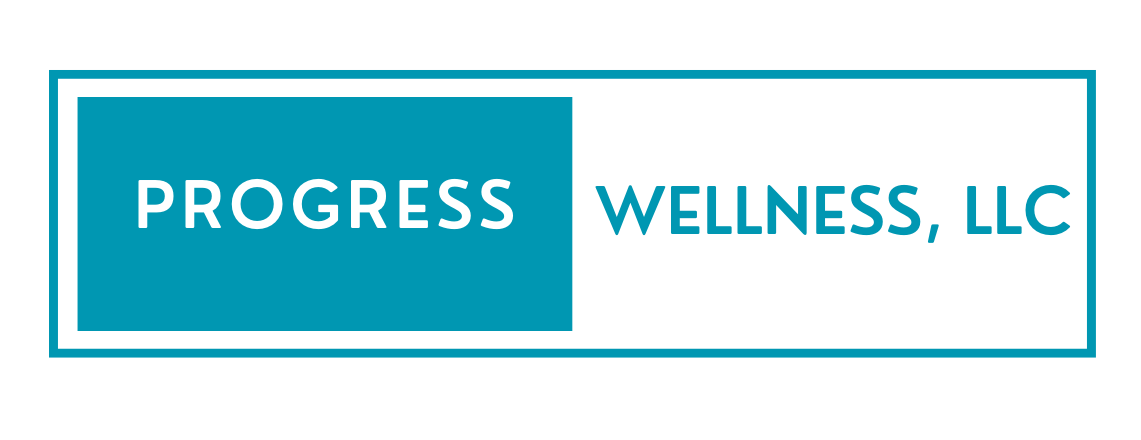Frequently Asked Questions
WHAT IS DBT?
Research shows that DBT (Dialectal Behavioral Therapy) is effective in treating a wide range of disorders such as eating disorders, OCD, and depression. DBT teaches us how to know what emotions we are feeling in challenging situations, how to not let those emotions dictate our or actions and behaviors, and to use healthy coping skills to manage those emotions.
There are 4 skill sets in DBT:
Mindfulness – the practice of being in the present moment.
Distress tolerance – how to tolerate difficult emotions and situations, not change them.
Interpersonal effectiveness – learning to ask for what you want, being able to say ‘no’ while maintaining self-respect and healthy relationships with others.
Emotion regulation – learning how to manage the emotions you want to change.
WHAT IS CBT?
CBT (Cognitive Behavioral Therapy) is based on the idea that how we think, how we feel, and how we act are all linked together. Our thoughts affect our mood, and our mood affects our behavior.
For example, have you ever noticed your thoughts when you are feeling anxious? Say you are anxious about going to a party where you will only know the host. As you start getting ready for the party, your thoughts start to wander. In your mind, you create stories about what might happen that evening. Maybe you imagine an awkward situation in meeting people, or that everyone is talking and laughing while you are standing in the corner alone and feeling that everyone notices you standing alone. You might think to yourself, as you imagine this happening: ‘I’m such a loser. I can’t talk to people. I am so awkward. ‘ All this takes place in your mind before even leaving for the party. Those anxious thoughts (cognition) make you feel more anxious (mood) and influence behavior (possibly not going to the party).
CBT teaches us how to separate fact from fiction with our thinking. Just because we think or believe something, does not make it true. By using CBT skills, we become more aware of our negative thought patterns, then develop alternative ways of thinking and behaving, which ultimately improves our mood.
WHAT IS OCD?
OCD (Obsessive Compulsive Disorder) is an anxiety disorder also known as “the doubting disease”, where “what if’s” become a paralyzing force.
OCD usually includes both obsessive and compulsive symptoms. However, it is possible to have only obsessive symptoms or only compulsive symptoms.
Obsessions are repeated, unwanted images that cause significant distress and anxiety. You might try to get rid of the unwanted images by performing rituals or compulsions.
Compulsions are repetitive behaviors that one feels driven to perform. Compulsions are meant to reduce or prevent anxiety related to one’s obsessive thoughts or to stop something bad from happening. Rituals and compulsions help someone with OCD feel like they are in control of their anxiety. However, they only offer (at most) a brief reprieve from anxiety. One might find that the more they engage in rituals and compulsions over time, the worse their anxiety becomes, making the urge to engage in them more persistent. Rituals and compulsions are illusions of control. The more we use them, the more we need them, and the more our anxiety and fear increases.
WHAT IS ERP?
ERP (Exposure and Response Prevention) is a behavioral therapy used to treat OCD. It involves exposing yourself to your obsessive thought, image, or object that causes you fear and anxiety, without engaging in rituals or compulsions. Using exposure therapy, you are facing your fear and learning to habituate to your anxiety without ritualizing. You are essentially re-teaching your brain that “there is no danger here.” The more you resist engaging in rituals during ERP, the more you learn to tolerate your anxiety.Over time, what once caused you distress no longer does.
Do you take insurance?
Progress Wellness does not participate in any insurance panels, yet for patients who have a PPO plan, I can help submit therapy bills for reimbursement. All PPO plans and reimbursement rates vary, thus it is important to find out whether you have a PPO plan and what the rate is. I encourage all patients to call their insurance companies to review their mental health benefits before scheduling the first meeting.
For patients who have an HMO or other non-PPO plan, reimbursement is not an option; however, you may be able to submit bills as part of your healthcare spending for taxes. Check with your tax professional.
